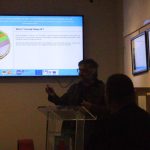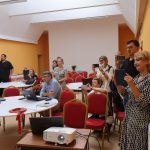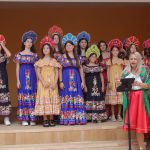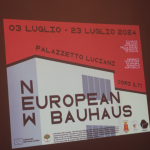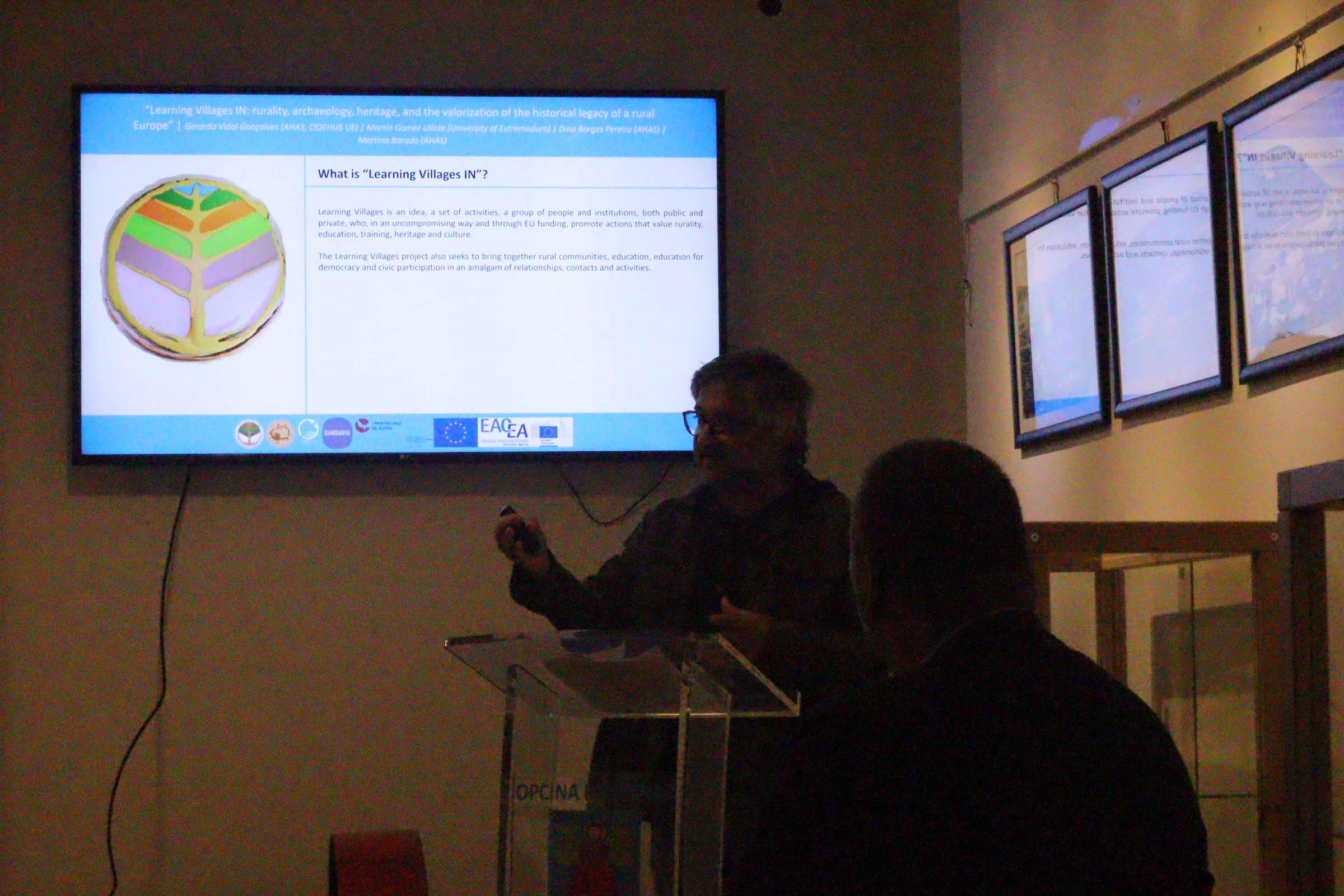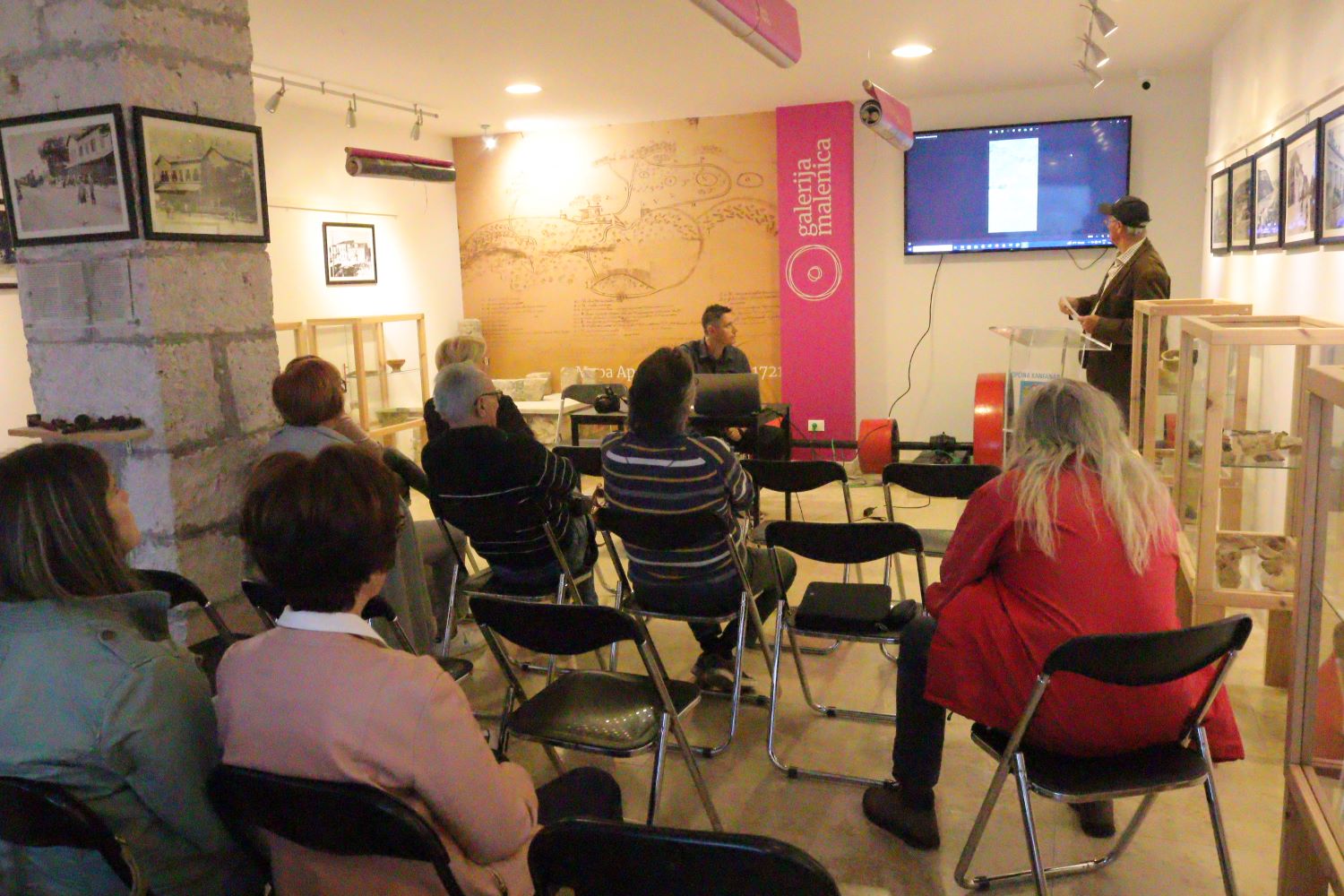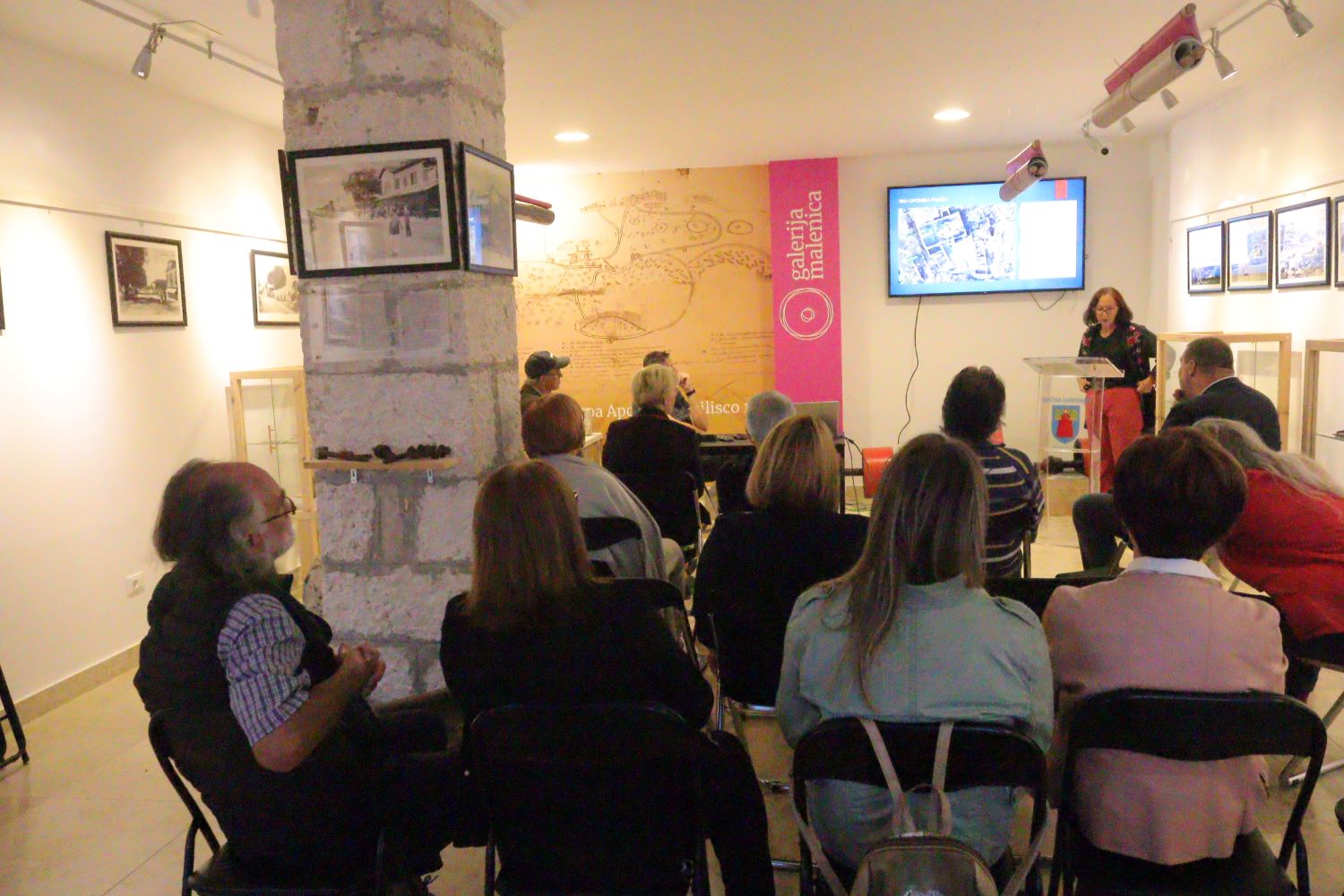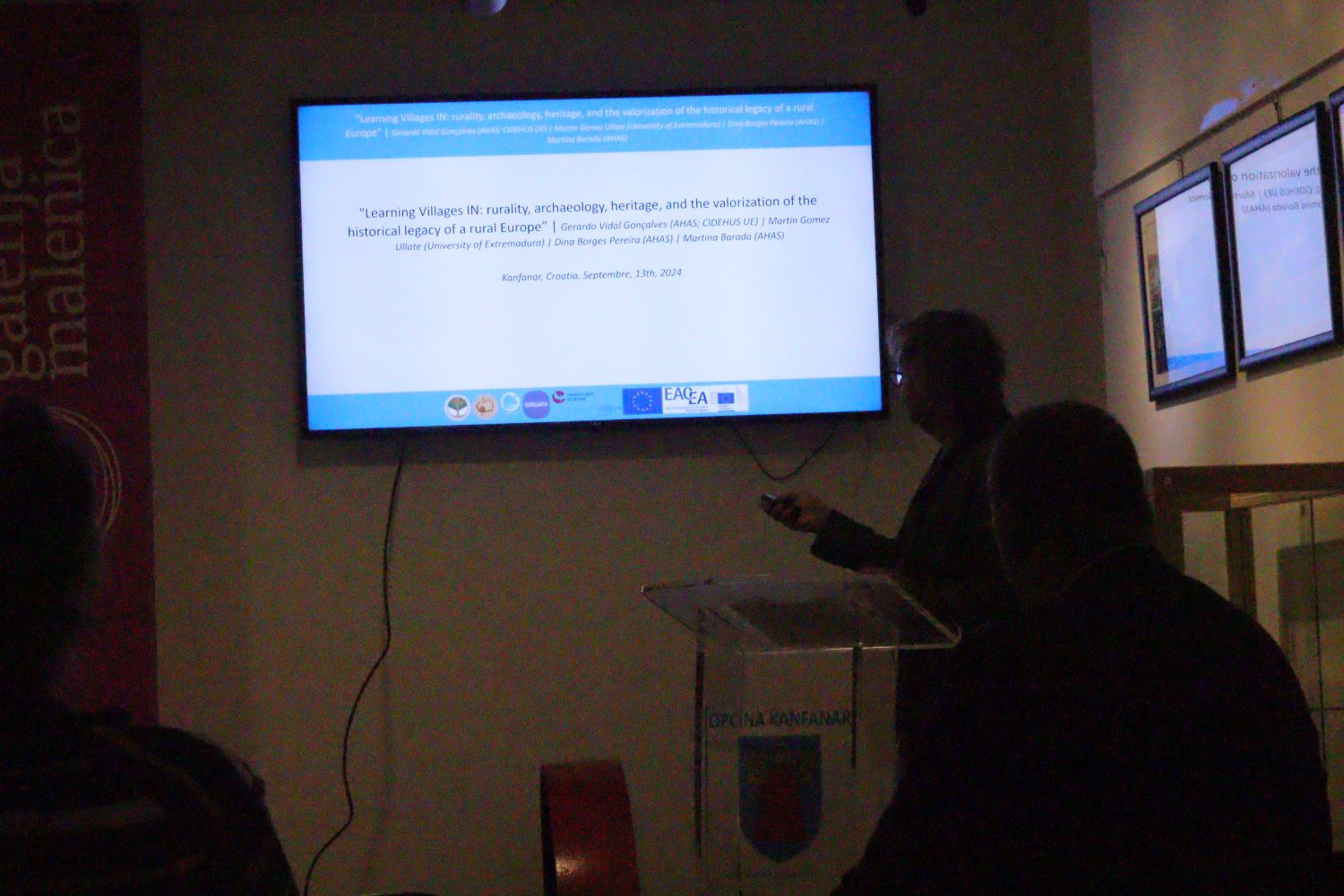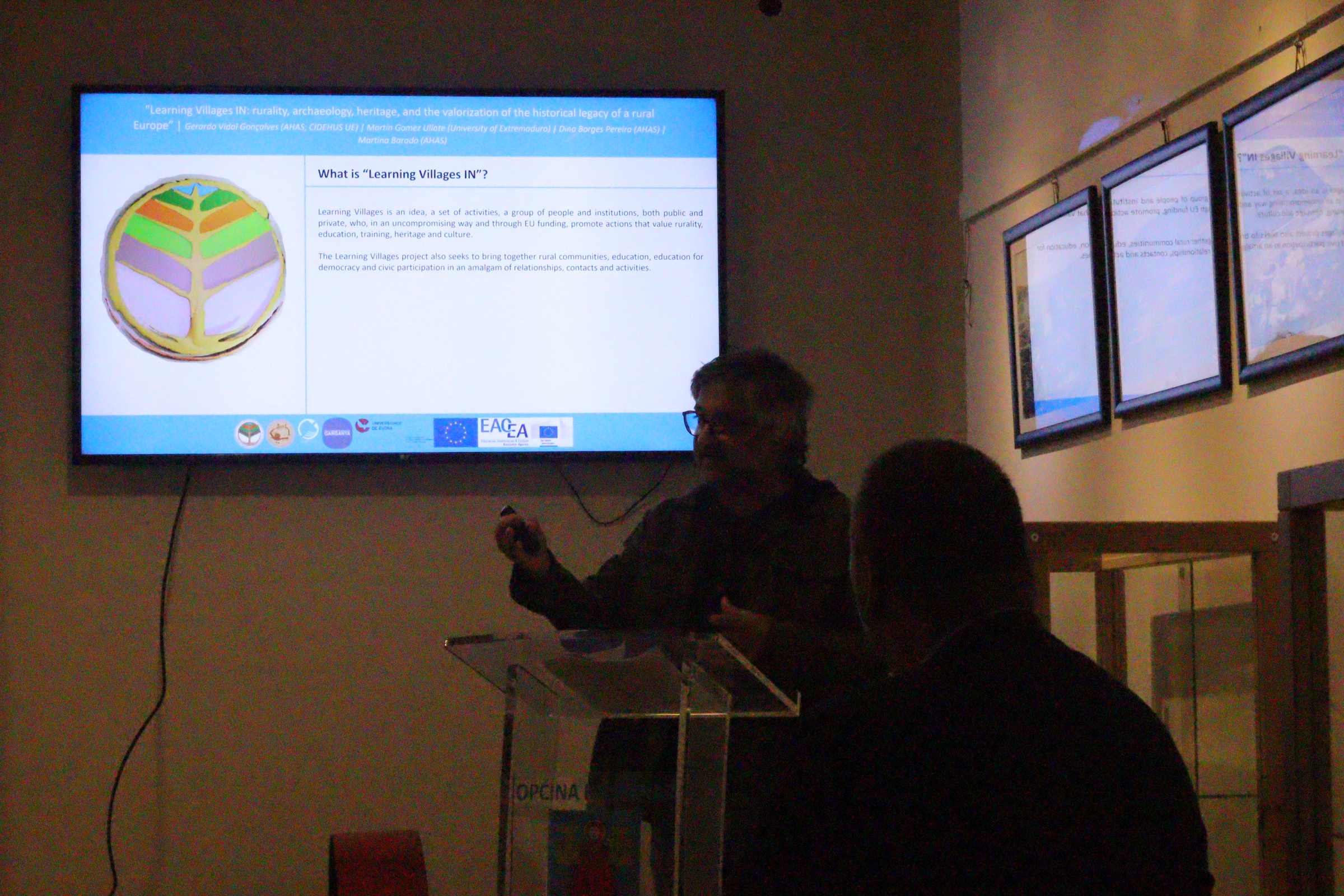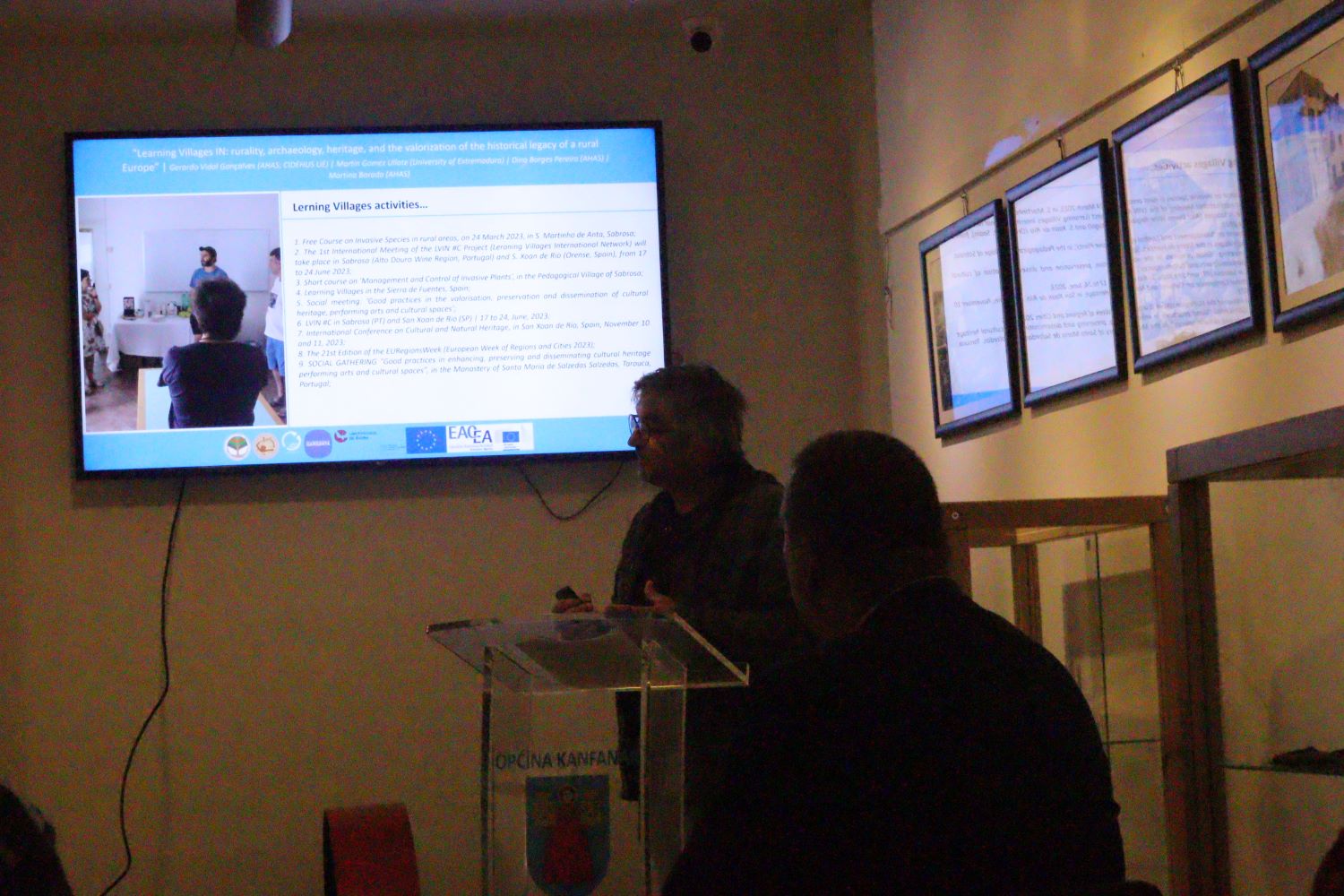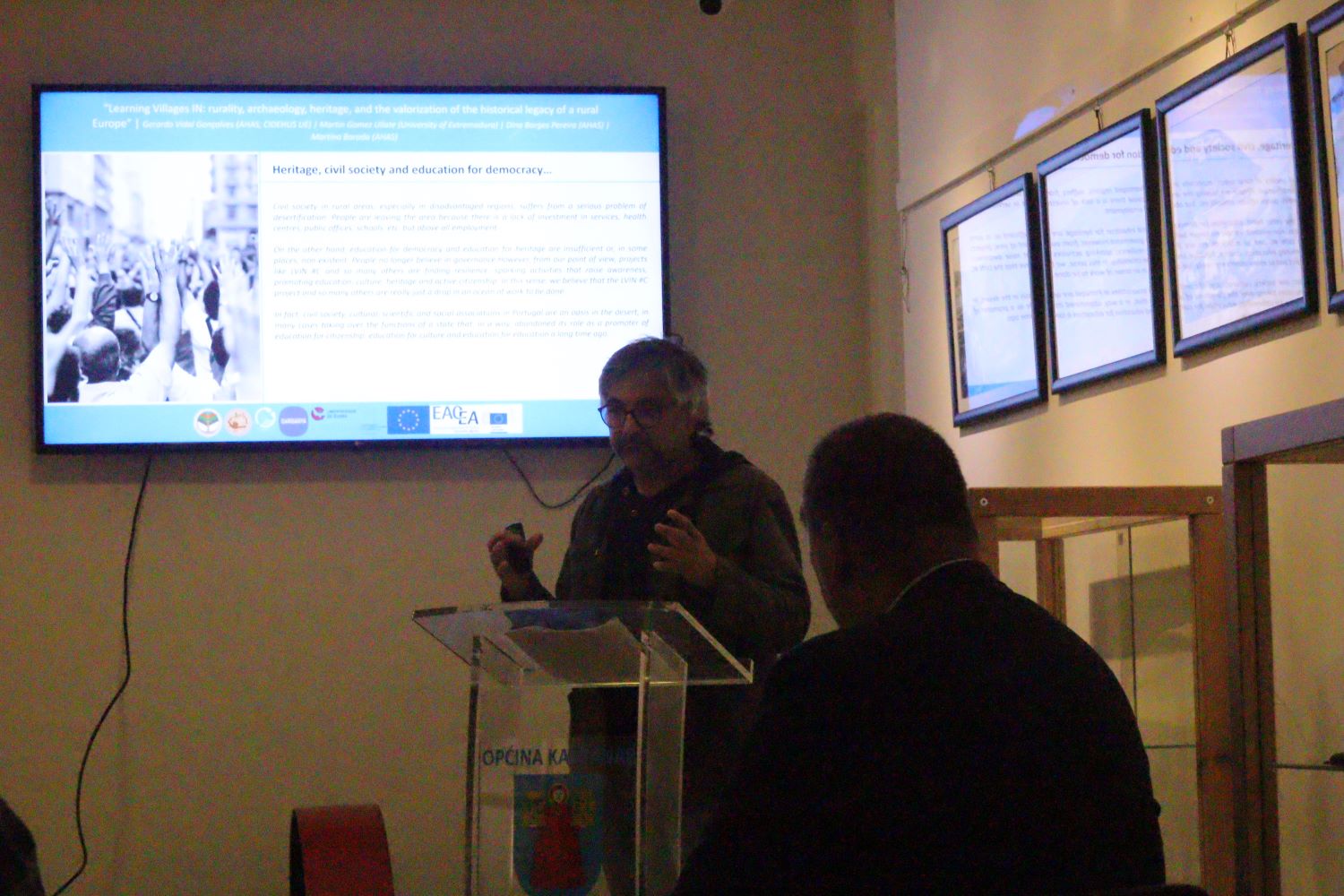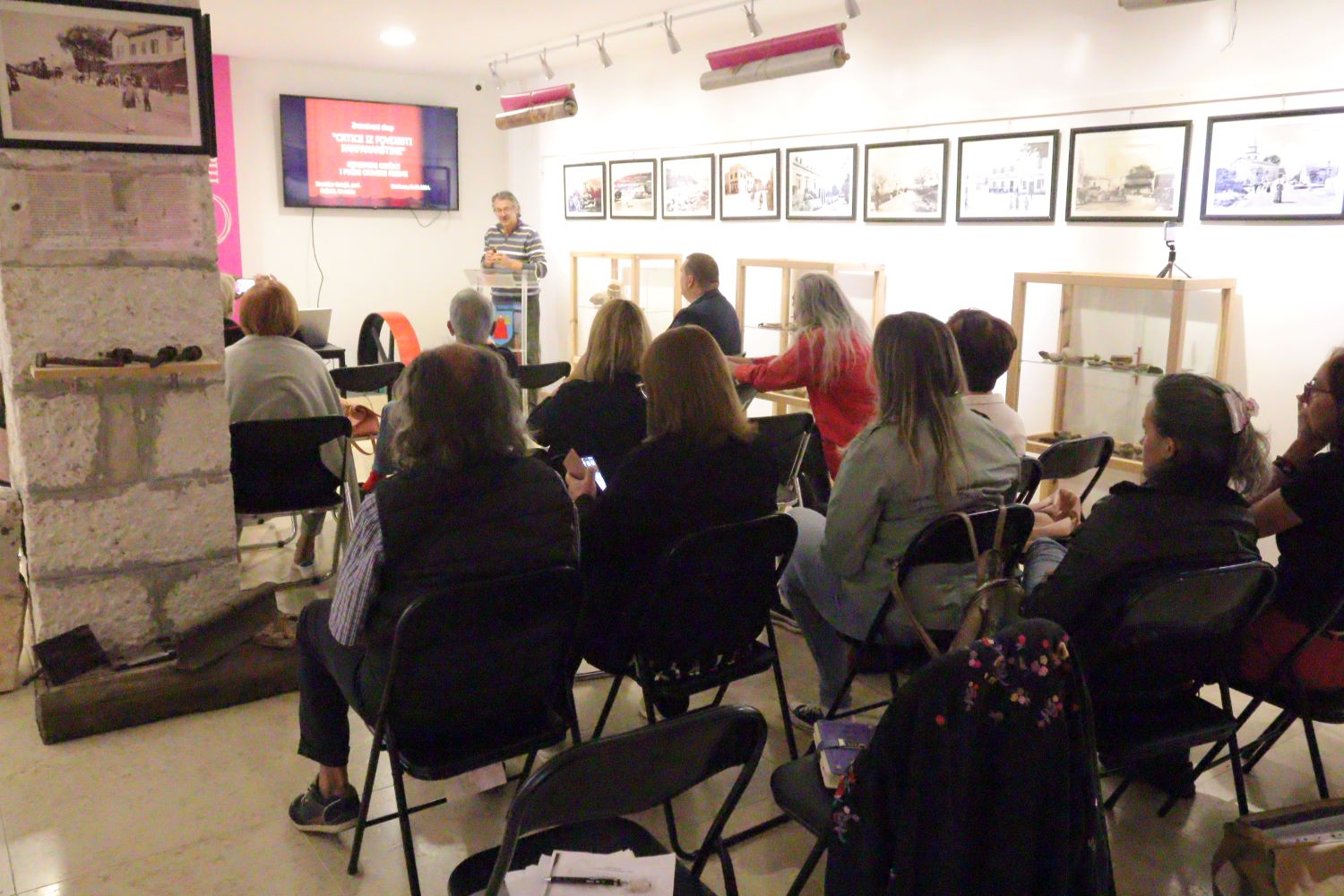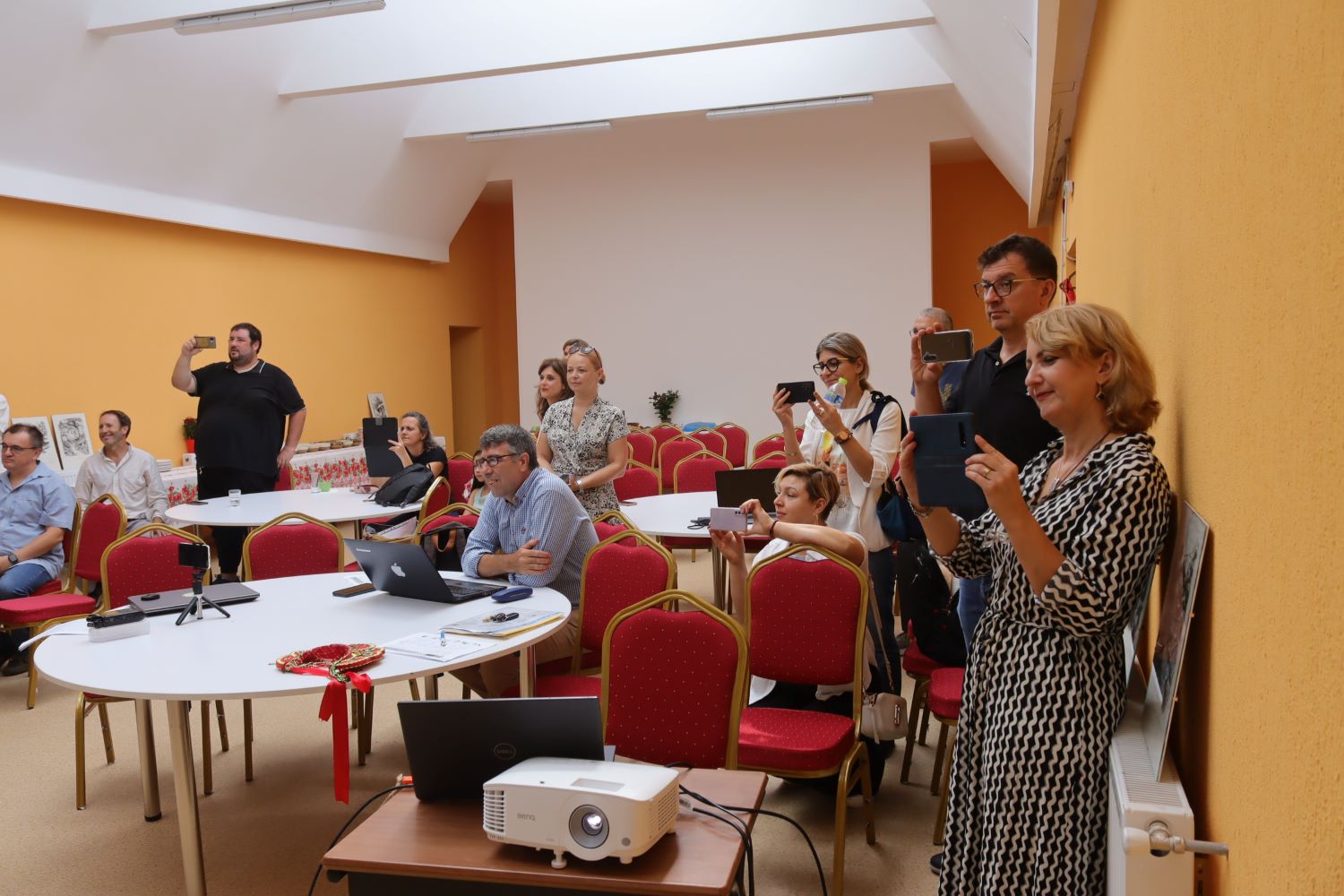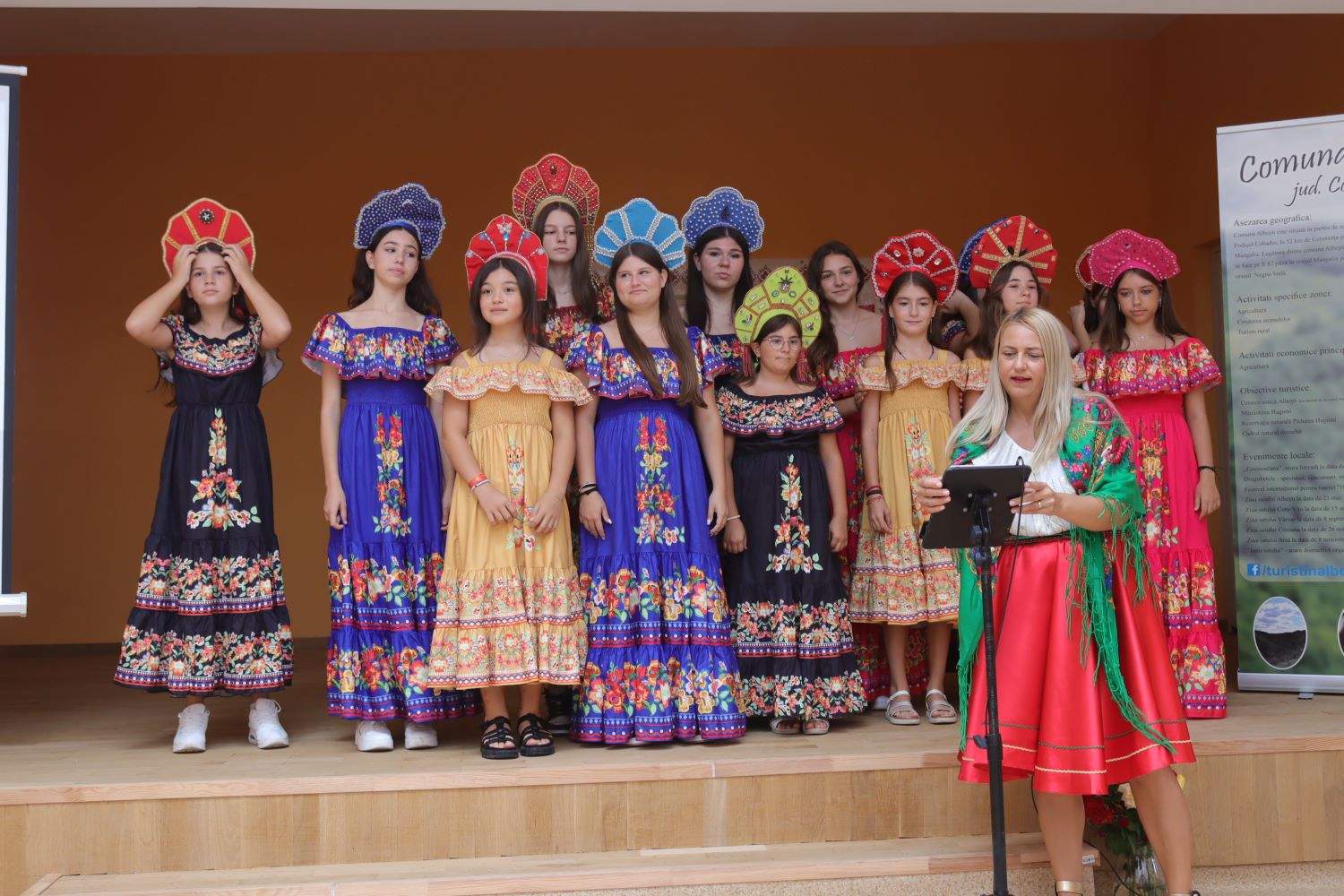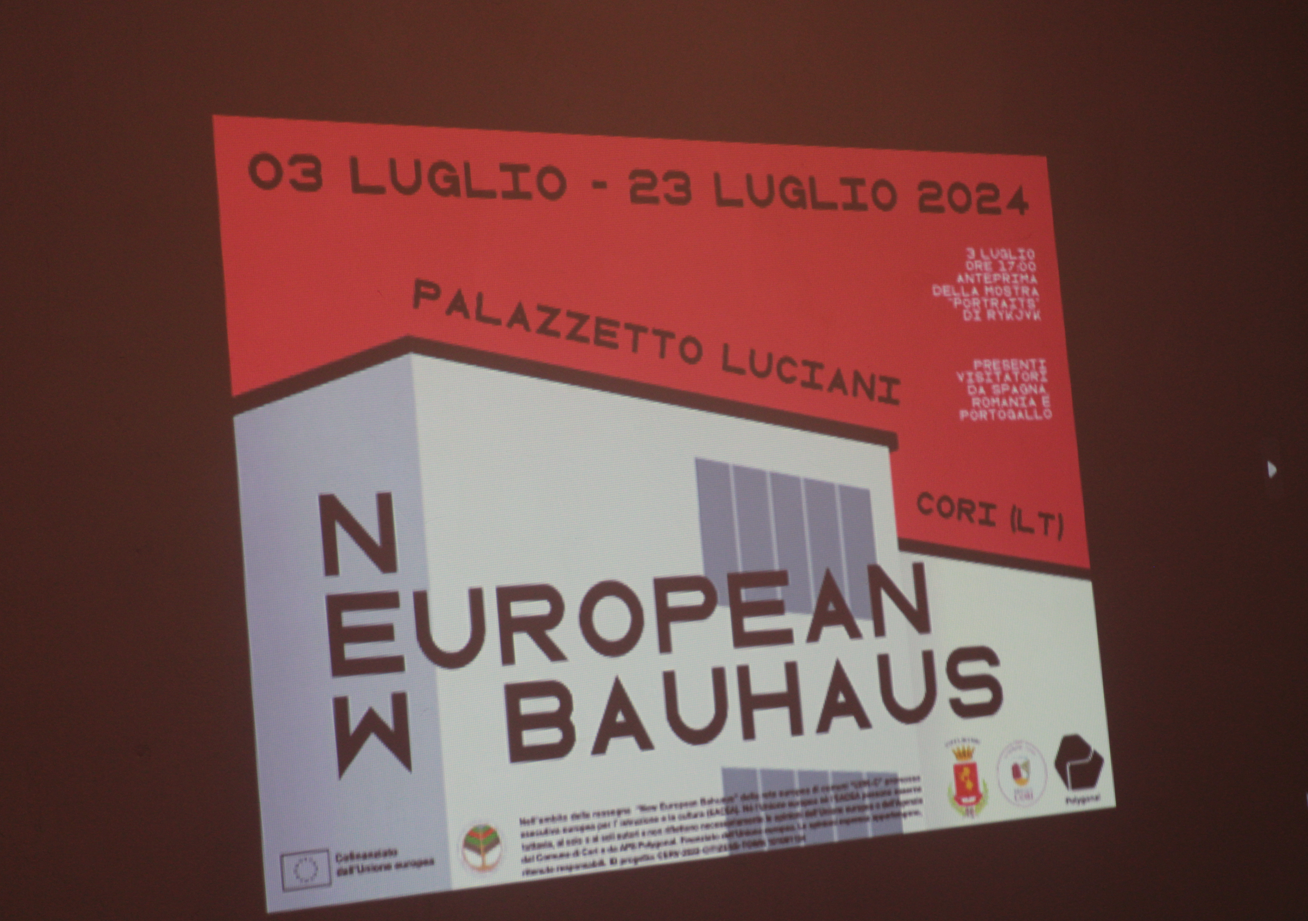Kanfanar is surrounded by natural landscapes, forests, and vineyards typical of the Istria region. The village is also known for its olive oil production and local cuisine, featuring specialties like “pršut” (prosciutto) and truffle-based dishes, which are common in the area. Its proximity to popular tourist destinations like Rovinj makes Kanfanar a strategic point for exploring the natural and historical beauty of Istria.
The Learning Villages International Network project was received by the Mayor of Kanfanar, Mr. Sandro Jurman, and the councilor Marko Jelenić. The meeting was held to promote the integration of the municipality of Kanfanar into the Learning Villages (LVIN) partnership network and to incorporate Kanfanar village as a Learning Villages.
In addition to Mr. Sandro Jurman and Mr. Marko Jelenić, the meeting was attended by Dr. Dina Borges Pereira, President of the Association of History and Archaeology of Sabrosa (AHAS), as well as Gerardo Vidal Gonçalves and Martina Barada, also from AHAS. The meeting took place on the morning of September 12th.
The LVIN #C project was invited to participate, on the afternoon of September 12th, in the conference on heritage, archaeology, and culture of the municipality of Kanfanar. The presentation was titled: “Learning Villages IN: Rurality, Archaeology, Heritage, and the Legacy of Rural Europe.”, presneted by Gerardo Vidal Gonçalves (AHAS; CIDEHUS UE); Martin Gómez Ullate (University of Extremadura); Dina Pereira Gomes (AHAS); Martina Barada (AHAS)
“Learning Villages IN: Rurality, Archaeology, Heritage, and the Legacy of Rural Europe.”, presneted by Gerardo Vidal Gonçalves (AHAS; CIDEHUS UE); Martin Gómez Ullate (University of Extremadura); Dina Pereira Gomes (AHAS); Martina Barada (AHAS)

